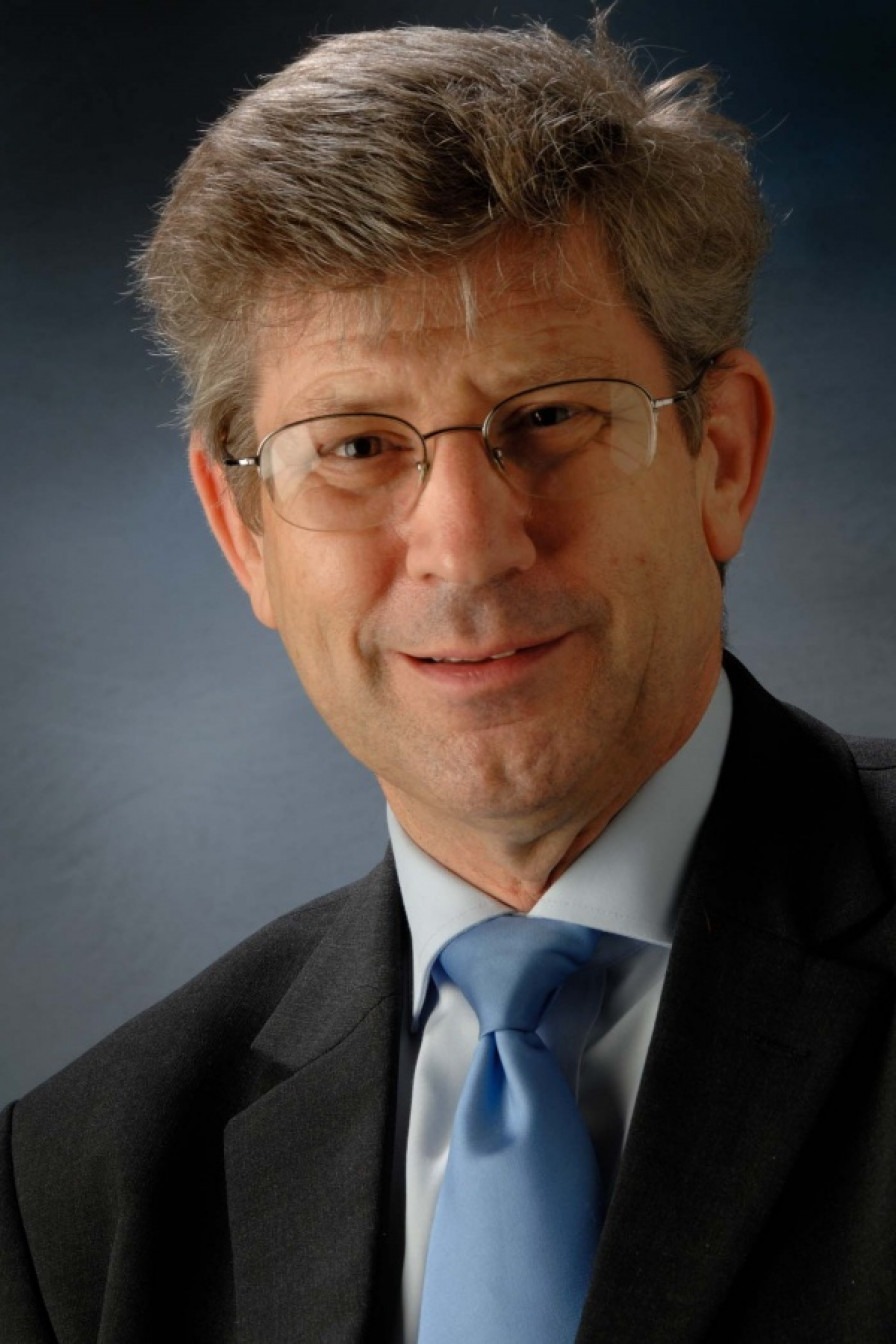If at first you don’t succeed……

… try, try again and don’t take ‘no’ for an answer. On the other hand, don’t keep banging your head against a brick wall! If you do come up against a brick wall find a way round it, over it, or through it – preferably by finding a door rather than taking a sledge hammer to knock a hole through it!
As the noise around the Ofsted report dies down and as colleagues prepare for the ACE/Ofsted seminars I hope we can all build on the many positive opportunities provided by this report to find ways to improve the quality of music education for all young people.
On page 5 Ofsted states that Music Education Hubs must act as champions, leaders and expert partners, who can arrange systematic, helpful and challenging conversations with each school about the quality of the music education and how the school and hub can work together to improve it.
The Ofsted report provides plenty of examples of schools’ need for musical expertise and support. Who should pay for this expertise and advice? As I pointed out in ‘It takes two to tango’, schools (head teachers and governors) are responsible and accountable for their curriculum. Schools are funded to deliver a broad and balanced curriculum, which includes music, to all young people. Schools are funded to provide Continuing Professional Development for their own staff to ensure they have the skills, knowledge and understanding to deliver their curriculum.
The Ofsted report exhorted hubs to promote themselves with schools as confident, expert leaders of music education in their areas, not simply as providers of services. I venture to suggest that one way to do this is by asking two questions:
- What is the school’s vision for its pupils, musically?
- When will the school be addressing music as part of its development plan?
Hubs can thus see firstly where the school’s vision sits within the wider vision for the area and region, as identified through the LA wide needs analysis; and secondly, when to target a particular school so that it can benefit most from the input facilitated by the hub. This information could be available quickly and easily by tasking one visiting teacher in each school to ask the questions on their next visit. Even a ‘no’ answer is instructive – e.g. no articulated vision and no plans to look at music! The follow up can be ‘can we help you to develop a vision, and when would you like to address it as part of your own school development plan. And if it is part of a school’s own development plan they will be able to prioritise the funding for it.
However, this doesn’t mean that hubs cannot contribute to the costs. In ‘it takes two to tango’ I also wrote that hubs can insist that First Access programmes are high quality programmes that complement and enhance the schools’ own music curriculum. To do this, the hub has to know about the school’s own music curriculum – what precedes and what succeeds the First Access programme. I pointed out that we must not reward bad behaviour by allowing schools that do not value or understand the power of music to get away with not fulfilling their responsibilities. Limited hub funding is to augment, not replace the schools’ own funding.
Paragraph 35 states: “many hubs have learnt the importance of giving clear guidance about how school staff should work alongside hub staff. Often hubs would not allow First Access teaching to be used to cover teachers’ planning, preparation and assessment time. This ensured involvement of the school staff in the First Access lessons.”
In the best hubs, schools are partners. Schools and hub leaders ensure that pupils can benefit from the additional, publicly-funded provision. Approached in a genuine spirit of partnership, with the child’s best interests at heart, conversations between hubs and schools are positive, constructive and lead to excellent practice and improvement.
The main focus of the DfE grant, distributed by ACE, remains high quality music education through: first access in whole class ensembles; available and affordable progression routes for all young people; ensembles and performance opportunities from an early stage; and through a successful singing strategy. Of course, creative use of hub funds can enhance the experiences for children and support the school’s music curriculum.
If we are to win the arguments for maintaining funding in 2015 and beyond, and we must, we need tangible evidence that the £200 million protected for music since 2012 has been used well and we need hubs to support schools in fulfilling their responsibilities.
